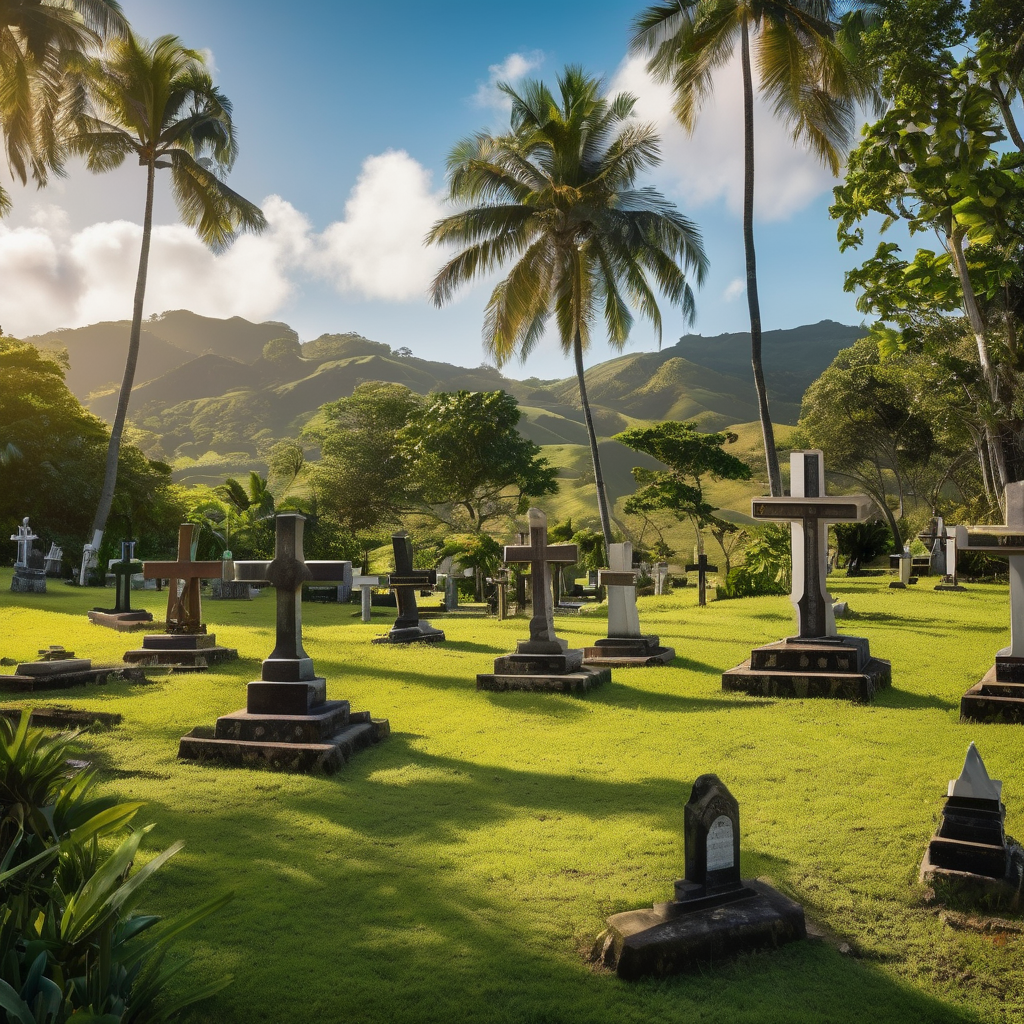Poor record-keeping and unregulated burials on customary land are generating health and sanitation concerns for iTaukei villages and communities. The iTaukei Affairs Board, in a recent address to the Parliamentary Standing Committee on Justice, Law and Human Rights, highlighted that many villages lack proper registers and clearly defined boundaries for burial grounds, which poses potential risks to public health.
Deputy CEO Josefa Toganivalu pointed out that most disputes arise from burials taking place in village compounds, a practice discouraged for safety and hygiene reasons. He acknowledged that urban villages face land shortages, further underscoring the urgent need for improved land management practices.
“Once this submission came up, we began to delve deeper into the issue,” Toganivalu stated, indicating the board’s commitment to addressing these challenges. He mentioned plans to review and formally register all cemeteries to ensure that boundaries and burial sites are properly documented, a critical step towards safeguarding the health of the community.
Committee Member Jone Usamate emphasized the need for stronger collaboration between Tikina Councils and municipal authorities to protect public health and maintain the sanctity of village land. He questioned why existing provisions within the iTaukei legislation have not been implemented by the minister or ministry.
The iTaukei Affairs Board believes that taking steps to register all cemeteries and enhance coordination in land use will be crucial in preserving village boundaries and ensuring public health for future generations. This proactive approach echoes broader governmental efforts aimed at enhancing the quality of life for indigenous populations, particularly in urban settings where land management has become increasingly challenging.
As this initiative unfolds, there is growing hope that improved governance and community engagement in land and burial site management will foster a safer, healthier environment for iTaukei communities while preserving their cultural heritage.
